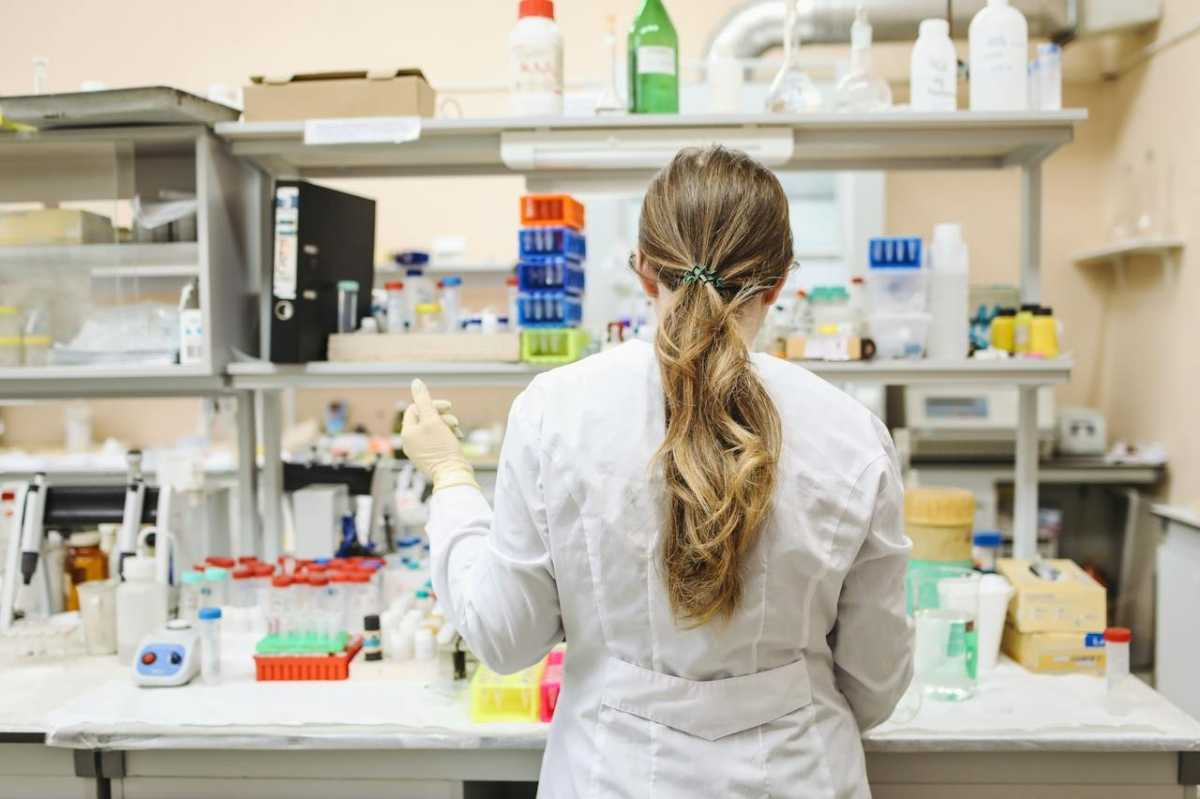How To Become A Certified Pharmacy Technician
- - Category: Recruitment
- - 04 Dec, 2023
- - Views: 146
- Save

Here's how you can have a fulfilling career as a pharmacy technician.
The path to becoming a certified pharmacy technician opens the door to a dynamic and essential role within the healthcare landscape. In this line of work, employees are essential to the safe and effective dispensing of pharmaceuticals, which improves patients' general health. The journey involves navigating through specific steps, from meeting educational prerequisites to obtaining the necessary certifications. The commitment to staying current with evolving pharmaceutical practices through continuing education becomes a hallmark of a dedicated pharmacy technician, ensuring a continual contribution to the evolving field of healthcare.
Eligibility Requirements
To meet eligibility requirements for becoming a certified pharmacy technician, a high school diploma or its equivalent is a fundamental prerequisite. Additionally, prospective candidates may find it beneficial to complete specific prerequisite courses, often in mathematics or biology, depending on the program requirements. These foundational educational qualifications serve as the initial gateway to formal training programs. Aspiring pharmacy technicians should be mindful of the educational criteria outlined by accredited institutions, ensuring that they possess the essential academic background before embarking on the journey to certification.
Choose an Accredited Training Program
Accreditation by the Pharmacy Technician Accreditation Commission (PTAC) ensures that the chosen program meets rigorous standards, providing comprehensive education in crucial areas such as pharmaceutical terminology, medication distribution systems, and pharmacy law and ethics. These accredited programs blend theoretical instruction with practical application, equipping students with a well-rounded understanding of their future responsibilities. Aspiring pharmacy technicians are advised to thoroughly research and select programs that align with PTAC standards to guarantee a robust foundation for their professional development.
Classroom and Clinical Training
Classroom instruction forms the theoretical backbone of the curriculum, covering essential topics such as pharmaceutical terminology, drug interactions, and pharmacy ethics. In addition to the theoretical basis, clinical training offers practical experience in authentic pharmacy environments. This dual approach ensures that aspiring pharmacy technicians not only grasp the theoretical knowledge required for the role but also gain practical skills to navigate the dynamic challenges encountered in pharmacy practice. The combination of classroom and clinical training stands as a hallmark of a well-rounded education, preparing individuals to contribute effectively to the pharmaceutical field.
Obtain Required Licensing or Certification
Upon completion of the accredited training program, the next crucial step in the journey to becoming a certified pharmacy technician is obtaining the necessary licensing or certification. Generally, this entails completing the Pharmacy Technician Certification Exam (PTCE) or a test that is comparable and accepted by the state pharmacy board. Achieving success in these examinations signifies the acquisition of the CPhT certification, a recognized credential that attests to the individual's competence in the field. These certifications represent a significant career achievement since they attest to an individual's adherence to industry norms and capacity to fulfill the rigorous demands of the position.
State-Specific Requirements
Each state may impose additional conditions beyond the national standards for pharmacy technicians. These can encompass supplementary exams, background checks, or unique educational prerequisites. Staying well-informed about the specific regulations governing pharmacy technicians in your state is paramount to ensuring compliance and a smooth transition into professional practice. Prospective pharmacy technicians should meticulously research and understand the nuances of state-specific requirements, guaranteeing that they meet all criteria mandated by the regulatory authorities in their geographical area.
Stay Current with Continuing Education
Continuous learning through continuing education programs is a requisite for staying current with the latest medications, regulations, and technological innovations in the field. Pharmacy technicians are encouraged to actively engage in workshops and webinars and pursue additional certifications to enhance their knowledge base. This commitment to ongoing education not only ensures that pharmacy technicians provide optimal and up-to-date care but also aligns them with industry best practices and standards. The dynamic nature of healthcare underscores the significance of a proactive approach to continuing education for pharmacy technicians, fostering a culture of continuous improvement within the profession.
Conclusion
The culmination of classroom and clinical training equips you with the knowledge and practical skills essential for the role. Obtaining the required licensing, including the certification, marks a significant achievement in your professional development. Stay vigilant to state-specific requirements, ensuring compliance with the diverse regulations governing pharmacy practice. Embrace a commitment to ongoing learning through continuing education, positioning yourself to adapt to the dynamic landscape of pharmaceuticals.



